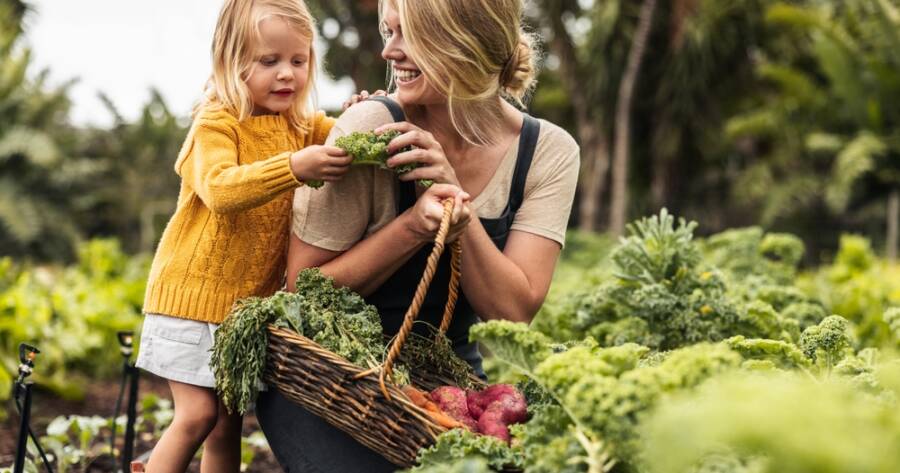Starting a vegetable garden is one of the most rewarding ways to enjoy fresh, homegrown food while connecting with nature. Even if you’ve never planted a seed before, it’s easier than you might think to turn a small patch of soil—or even a few containers—into a thriving garden. With a little planning, patience, and care, you’ll be harvesting crisp greens, juicy tomatoes, and flavorful herbs in no time, all straight from your backyard.
Choose the Right Location
The first step to starting a vegetable garden is selecting the perfect spot. Most vegetables need at least six hours of sunlight each day, so choose an area that receives plenty of direct sun. Also, look for a location with well-drained soil to prevent waterlogging and root rot.
If space is limited, don’t worry—many vegetables thrive in raised beds, containers, or even window boxes. Ensuring easy access to water will also save time and make caring for your plants much simpler.
Start Small and Simple
It’s tempting to go big when you’re excited, but starting small sets you up for success. Focus on just a few easy-to-grow vegetables like lettuce, radishes, tomatoes, or green beans. These crops are beginner-friendly and yield quick results, keeping motivation high.
Starting with a manageable plot lets you learn gardening basics without feeling overwhelmed. Once you gain confidence and experience, you can always expand your garden or try more challenging varieties in future seasons.
Know Your Planting Seasons
Understanding when to plant each vegetable is key to a successful harvest. Some crops, like spinach and peas, prefer cooler spring temperatures, while others, like cucumbers and peppers, thrive in the summer heat. Knowing your local growing zone will help you plan accordingly.
Many seed packets and gardening websites provide planting calendars tailored to your region. Following these timelines ensures your vegetables have the best conditions to grow strong, healthy, and productive.
Prepare the Soil Properly
Healthy soil is the foundation of a thriving vegetable garden. Start by loosening the soil with a shovel or garden fork, removing weeds and rocks. Mix in compost or organic matter to enrich the soil with nutrients, improving both texture and drainage.
Good soil preparation supports strong root growth and helps your plants access the water and nutrients they need. Taking the time to prep the soil correctly pays off with healthier, more productive vegetables.
Water and Care Consistently
Consistency is crucial when caring for your vegetable garden. Most vegetables prefer evenly moist soil, so regular watering—especially during hot spells—is essential. Water early in the morning to prevent evaporation and reduce the risk of disease.
Beyond watering, keep an eye out for weeds, pests, and signs of plant stress. A few minutes each day spent checking your garden helps catch small issues before they turn into bigger problems, keeping your plants happy and healthy.
Harvest at the Right Time
Knowing when and how to harvest is just as important as planting. Pick vegetables when they’re ripe to encourage continued growth and enjoy the best flavor. For instance, cucumbers taste best when picked young and firm, while tomatoes should be fully colored and slightly soft.
Frequent harvesting keeps your plants productive and prevents overcrowding. Learning the ideal harvest window for each vegetable ensures you get the freshest, most delicious produce from your hard work.
Growing Confidence and Fresh Harvests
Starting a vegetable garden may seem daunting at first, but small, thoughtful steps make it entirely doable—even for beginners. Choosing the right spot, preparing the soil, and sticking to easy crops sets the stage for success. With consistent care and a little patience, you’ll soon be rewarded with fresh, homegrown produce and the satisfaction of cultivating something yourself. Each season offers new opportunities to learn, grow, and expand your gardening skills.

